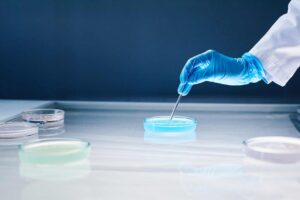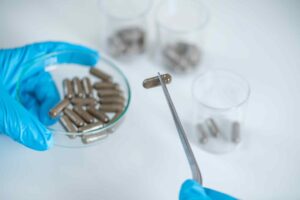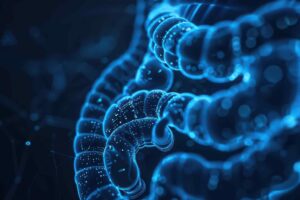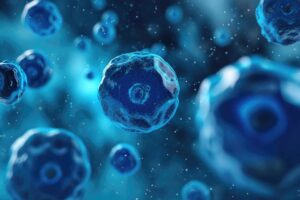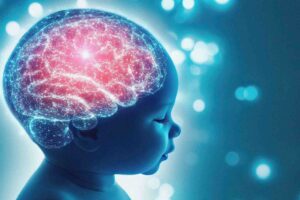Video
The discussion with Professor Alessio Fasano highlights the complex interplay between homeostatic, hedonic, and microbiota-driven mechanisms in regulating hunger.
Scientific research
Chemical biology offers useful methods to study microbial systems and gather molecular information about microbiomes.
Oncology
Probiotics such as Lactobacillus can complement breast cancer therapy to improve prevention and treatment.
Gastroenterology
Fecal Microbiota Transplantation (FMT) showing promise beyond C. difficile infection in conditions like IBD, IBS, and metabolic disorders.
Video, Scientific research
Celine Druart, from the Pharmabiotic Research Institute, highlighted critical challenges in the microbiome field, particularly around the standardization of clinical protocols and analytical methods.
Gastroenterology
High levels of bile acids drive bacterial colonization of the gut and exacerbate gut inflammation by altering the intestinal environment.
Gastroenterology, Scientific research
The effects of coffee on health may be mediated by gut microbes such as L. asaccharolyticus and their metabolites.
Gastroenterology, Video
Nigel Titford, CEO at Biogaia Pharma, discusses the strategic considerations and challenges involved in working across both the dietary supplement and pharmaceutical sectors.
Gastroenterology, Gynecology
Mice born to mothers exposed to Akkermansia muciniphila during pregnancy showed improvements in stem cell activity.
Gastroenterology, Neuroscience
A study revealed a link between gut microbiota composition and brain development in preterm infants, suggesting that specific bacteria and their metabolites can influence neurodevelopment.

